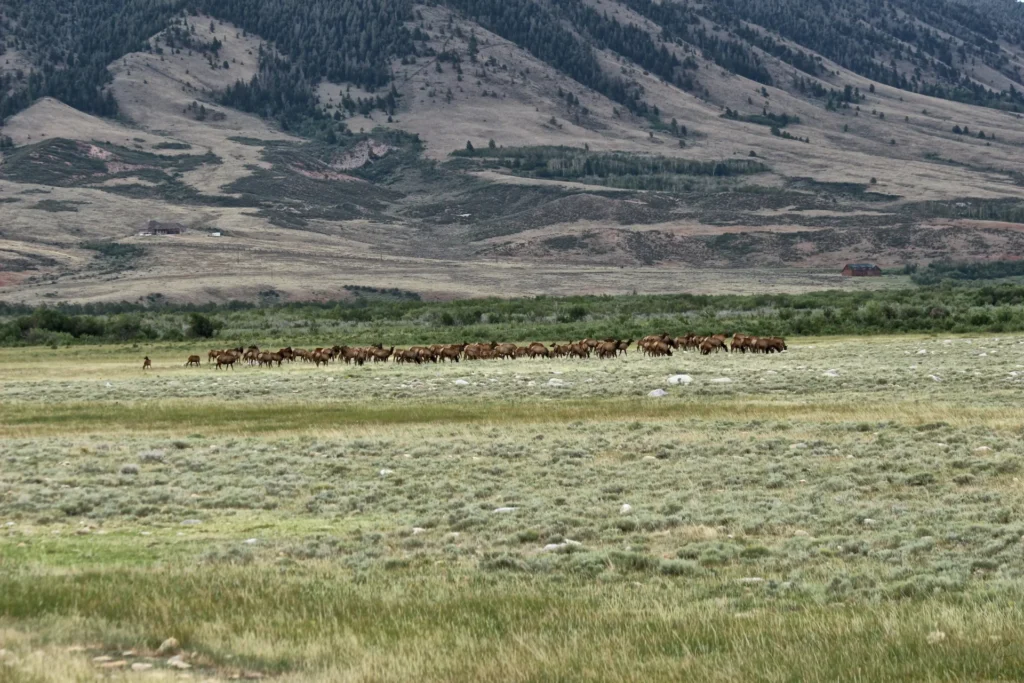Heated public testimony on Monday revealed sharp divides over the Mulchatna Caribou Herd Predator Control Plan proposal, a strategy Alaska introduced to revive a declining caribou population.
Once 200,000 strong in 1997, the Mulchatna Caribou Herd has dwindled to roughly 13,000 animals, prompting urgent conservation efforts. The state’s objective for this subsistence herd ranges from 30,000 to 80,000 animals.
In response, officials introduced a predator control strategy that spans over 40,000 square miles across western Alaska. Since 2011, the plan has targeted wolves to reduce predator pressure and stabilize caribou numbers.
However, the state recently proposed a plan including brown and black bears, stirring backlash from conservationists, legal experts, and residents alike. Critics argue that adding bears to the plan violates the Alaska Constitution, referencing a court order that had previously halted similar efforts.
Supporters, however, argue that the program has already positively affected the herd’s population. Samuel Hancock, representing the Bethel Advisory Committee, called in to defend the plan.
Opponents warn that expanding predator control could damage Alaska’s reputation, threaten wildlife tourism, and trigger legal challenges against the state. Supporters maintain that the herd could decline without decisive action, further endangering cultural practices and food security.









